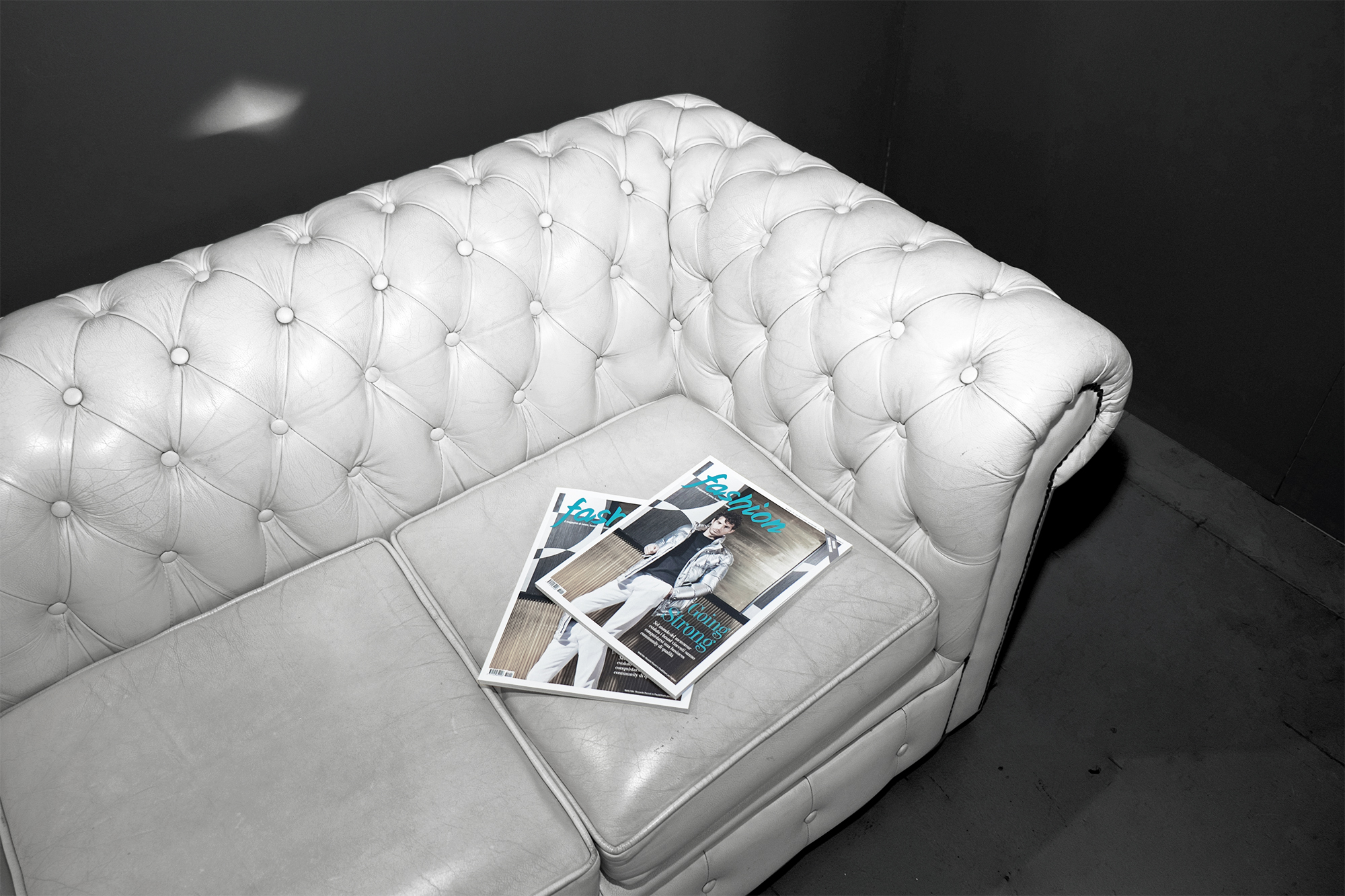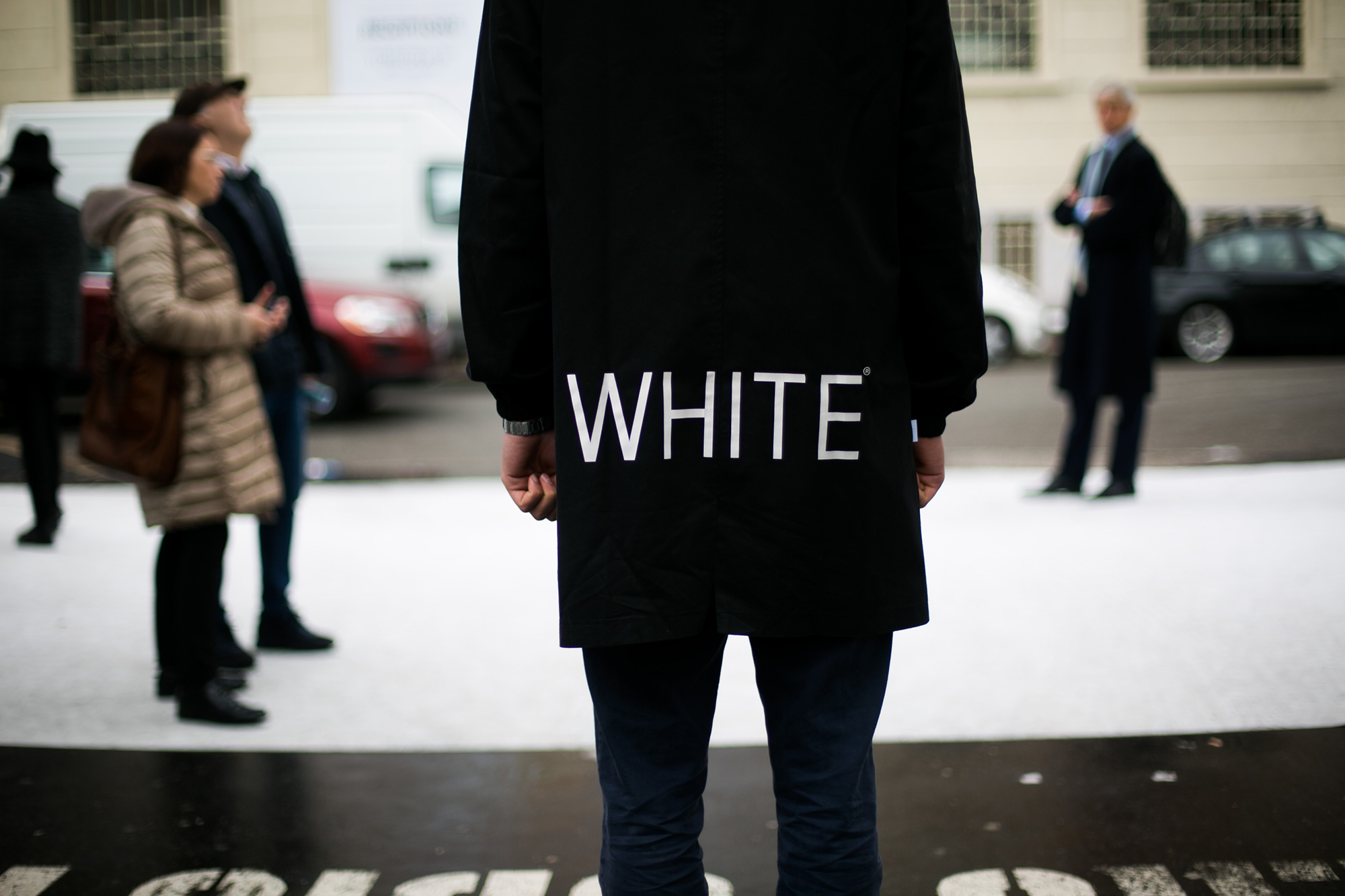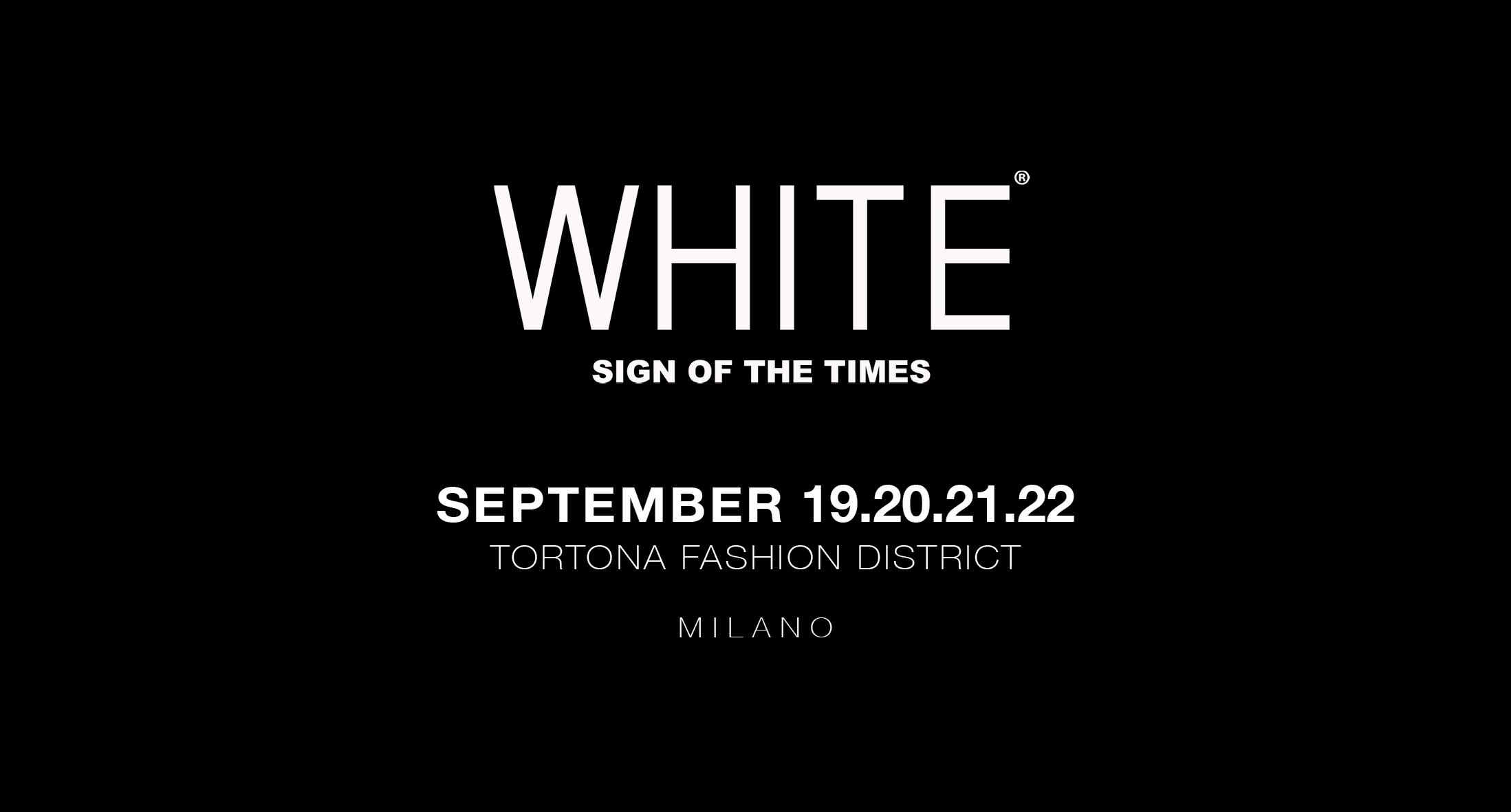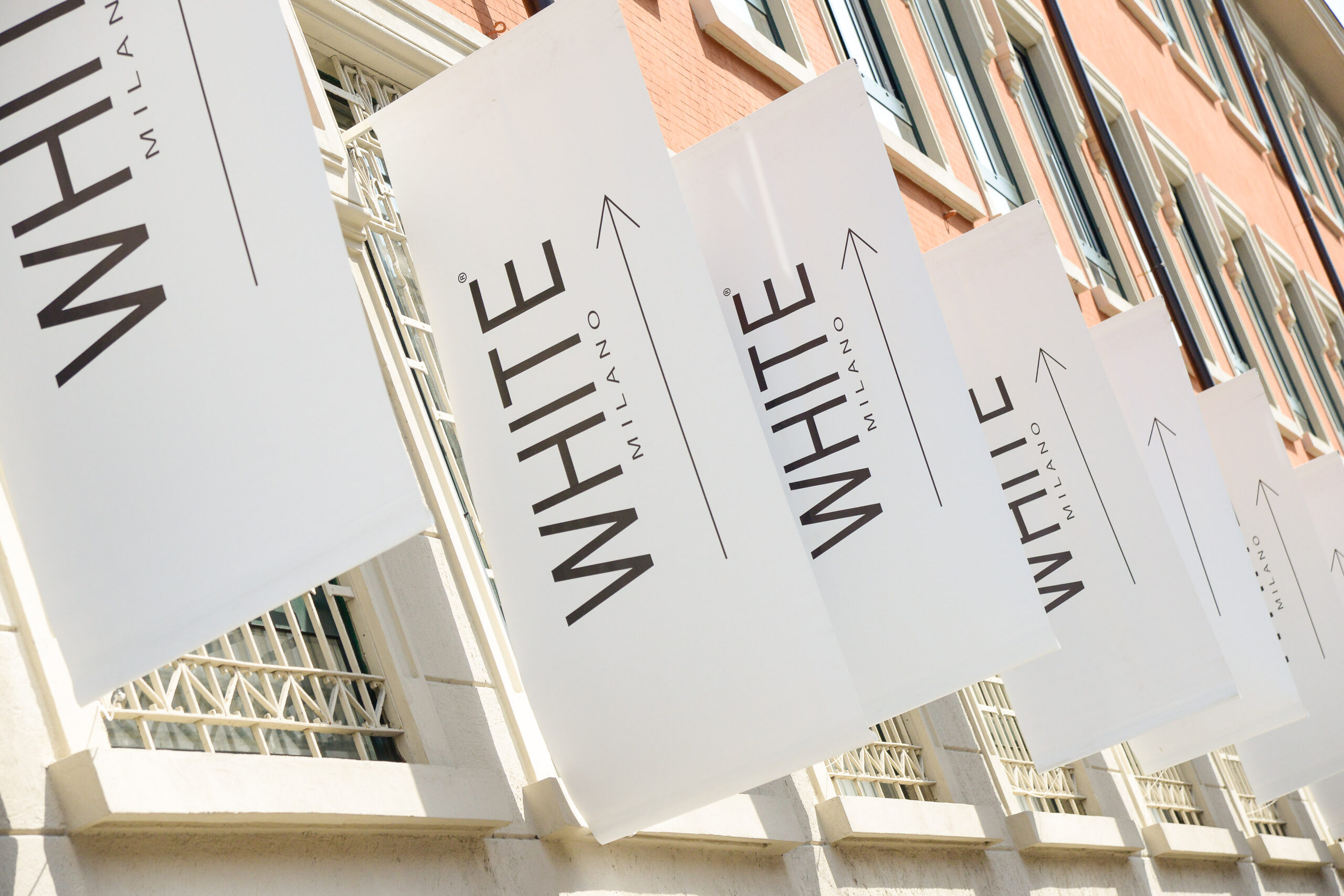
WHITE June 2024 showcases contemporary summer fashion, merging sun, beach, and swimwear with resort wear and stylish accessories, all with a focus on sustainability and featuring the creativity of designers. During the June edition, you can get a sneak peek of spring-summer collections and the latest trends for the warm seasons. The selection encompasses a total look and mix of brands that will attract lovers of exotic destinations, top vacation spots, and luxurious resorts around the world.
WHITE June 2024 showcases contemporary summer fashion, merging sun, beach, and swimwear with resort wear and stylish accessories, all with a focus on sustainability and featuring the creativity of designers. During the June edition, you can get a sneak peek of spring-summer collections and the latest trends for the warm seasons. The selection encompasses a total look and mix of brands that will attract lovers of exotic destinations, top vacation spots, and luxurious resorts around the world.
JOIN US
Registrations for the June & September 2024 edition of WHITE are open! Choose your category and subscribe.

PRESS
Find out what they say about WHITE in the most renowned international fashion publications through the dedicated press review.
In this section you will also find the press releases which describe the evolution of the leading event for women’s fashion on an international scale.

FOCUS ON
A section dedicated to the direct communications coming from WHITE, where you will find the newsletters specifically curated to to share the latest initiatives of the tradeshow, besides unveiling its strongly appealing, research brand mix that characterizes each edition.

STORES
With a strongly appealing brand mix, each season WHITE hosts international buyers from the best stores in the world, gaining the leadership in the womenswear market and the sustain of the institutions. A unique opportunity for B2B meetings to discover new designers and must-haves of the season.
with the support of

with the patronage of








